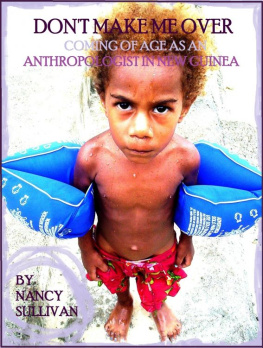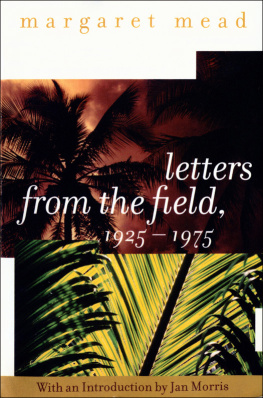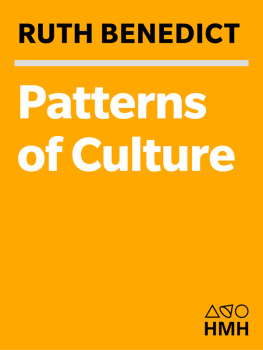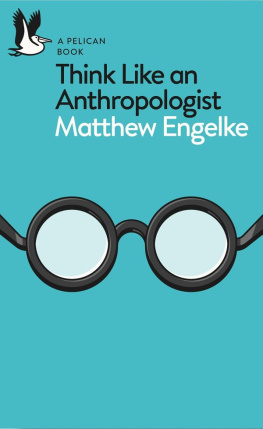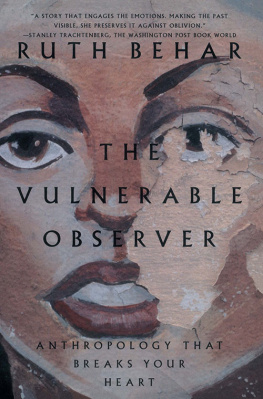DONT MAKE ME OVER
Coming of age as an anthropologist in PapuaNew Guinea
By
Nancy Sullivan
SMASHWORDS EDITION
* * * * *
PUBLISHED BY:
Nancy Sullivan on Smashwords
Dont Make Me Over
Copyright 2012 by Nancy Sullivan
Thank you for downloading this free eBook.You are welcome to share it with your friends. This book may bereproduced, copied and distributed for non-commercial purposes,provided the book remains in its complete original form, with theexception of quotes used in reviews.
Your support and respect for the property ofthis author is appreciated.
Many of the names of characters in thismemoir have been changed.
Adult Reading Material
Chapter 1
The media age has arrived in Papua NewGuinea, and with it come new parenting challenges. I considermyself lucky because, as an American, and an anthropologist, Ibring a special skill set to the challenge. Even then, thecomplications of raising adopted Papua New Guinean kids fromdifferent languages and culture groups, who have come to my care atdifferent ages, and doing this in coordination with myBougainvillean husband and our adult Sepik and Madang kids, isdaunting. Individualism, hyper-sexualization, consumerism,self-objectification, materialism, and alienation---these are allconcepts that have just yesterday arrived at the PNG border, andwere already giving them the best seat in the front room. PNG is acountry of 850 or more language-culture groups, and although thedistinctions can be minute between neighbors, there are verydifferent ideas about self and gender and childhood in differentregions of the country. Bougainville, for example, where my husbandJacob originates, is culturally part of the Solomon Islands, andshares chiefly systems and matrilineality with a lot of theMelanesian islands. This makes it very different from the SepikRiver region where my son Chris comes from; his people haveelaborate male initiation ceremonies and were, until recently,headhunters.
My family lives in the north coast town ofMadang, which is another culture altogether and contrasts markedlywith the Highlands, where I first lived in PNG. Madang people arelaid back and forgiving, whereas highlanders are famously prickly,defensive and bellicose. You can see how a single national identityis a problem. Imagine this diversity overlaid with all the newvalues that arrive in modernitys Trojan horse, and you begin tosee the predicament. In towns across the country familiesmuch like my own are forging separate cultural backgrounds intosingle household routines, innovating family rituals that look andfeel nothing like what came before. In most cases with anexpatriate spouse the guiding template becomes Australia, England,China or some other countrys idea of a modern family. But mainlybecause Im an anthropologist and professionally mandated toassimilate rather than colonize, I am trying to create somethingvery different, something more plural for my household. None ofthat is made any easier by the media messages we receive from thatcyber central place called the global village.
Im not saying that parenting is any easierin another country. I have to assume by the sheer volume of what Ireceive in PNG, as a fraction of the whole, that its just ascomplicated. What we dont have any more, though, is what used tobe there when I was a child, an authoritative sister speaking fromthe world of cultural relativism. Remember Margaret MeadsRedbook column and the pithy on-point righteousness? Itis an open question whether any behavior based on fear of eternalpunishment can be regarded as ethical or should be regarded asmerely cowardly. Or the astute observation: Nobody has everbefore asked the nuclear family to live all by itself in a box theway we do. With no relatives, no support, we've been put it in animpossible situation.
What we have instead today,for the woman juggling family, career and her own needsare Redbook articles like Why Are Men Immature? and Why the Heck Do MenLaugh at That?(Men crack up at the grossest, stupidest, mostimmature stuff..A proud connoisseur of slapstick and other manlyyuk yuks, explains.) When did women dumb down to this? When didthis sort of advice take the place of anthropology? It isanthropologys fault for talking like a ponce with a pole up itsbackside, yes--but what happened to the readers of real socialcommentary?
Part of my problem is the very fact that Ilive outside the loop, where bandwidths are so narrow that surfingthe web costs more than pumping petrol to your car. I just cannotbe a part of more sophisticated discussions from this distance. Butthere is also a problem with the field of popularizedscholarship---science for the masses. We used to have realpolymaths writing for us, people who spoke with genuineintelligence and clarity about new ideas in science, especiallysocial science. The Balkanization of scholarship has silenced a lotof that sweeping authority that we could rely on from MargaretMead, Dr. Spock and their contemporaries, although some fields,like neuroscience, neuropsychology, physics and biology have beenreclaiming ground in the world of popular science. We know quite abit more about the brain, endocrinology, the science of sexualityand such (and by we I mean anyone with access to English-languagemagazines, news programs, web sites and Amazon.com).
Ironically, the last few decades has seen thepromise of social science interdisciplinary fall a little flat, ifonly because of logistical difficulties. Its a lot harder today tobe a geologist/biologist/environmental scientist and ananthropologist, or a physicalanthropologist/psychologist/development theorist than it may havebeen in the past. Theres just not enough time to get multipledegrees and then have a think about how to integrate all the newdata. More often one field gets subsumed by the expertise ofanother, so that an article on conversation theory by a behavioralpsychologist does injustice to the linguistic anthropology beingdone elsewhere, or misrepresents the most advanced sociology of theday. The point is, anthropology is losing the battle ofinterdisciplinarity, and it needs to step forward in the popularimagination.
Theres been some borrowing of the termethnographic from anthropology to bolster the qualitativeresearch reputations of other fields, like marketing and businessmanagement. In these contexts, the term doesnt really refer to theethnographic method, which is explicit in its aim to participatingas well as observing a culture (in the sense that BronislawMalinowski intended). On loan to other fields, the term reallyrefers to close-grained observations that would seek to capture athicker description of events, in the sense of Clifford Geertzsthick descriptionwhich, along with Malinowskis method, I discussbelow). Thus we have the ethnography of an event, like the CannesFilm Festival, or an ethnographic case study of a smallbusiness.
But what really irksanthropologists today is when people with wholly unrelatedexpertise publish popular articles under a banner of anthropology,as if this were a concept, like existentialism, and not a realdiscipline. An existential view of subway advertising is somethingId like to read from either a marketing guru or a philosopher; butI dont understand why physiologists and historians can pitch aconcept as anthropological merely because it pertains to humanexperience. Theres a whole subfield of pop science out there thatsubsumes the term anthropology to everything from watered downsociobiology, zoology and, heaven help us, behavior modificationtheory. Am I mistaken, or isnt Konrad Lorenz dead? Granted, theimage of forensic anthropology has been burnished by television lately, whichsort of raises our scientific respectability and makes us look coolagain. But then there are screenwriting hiccups, which can only bethe result of this vacuum in the popular science media.
Next page
